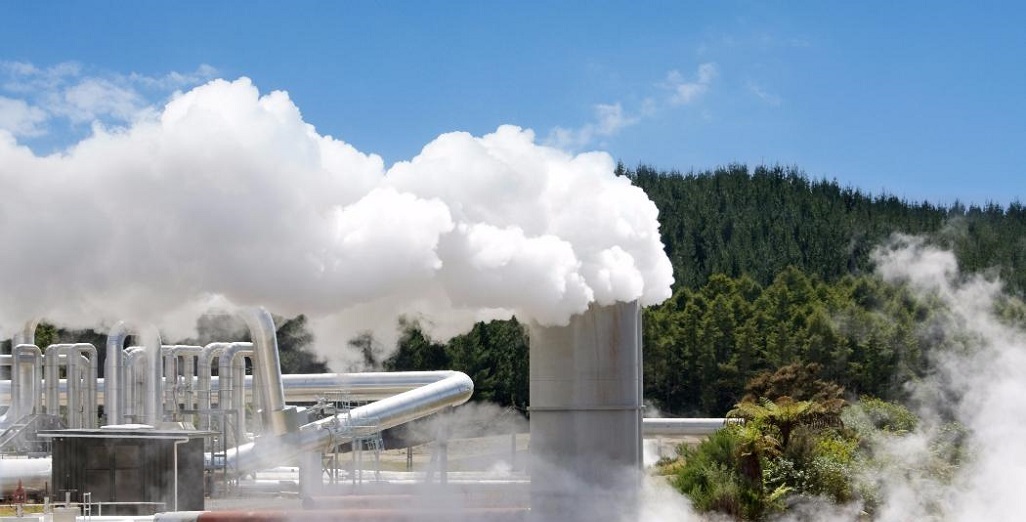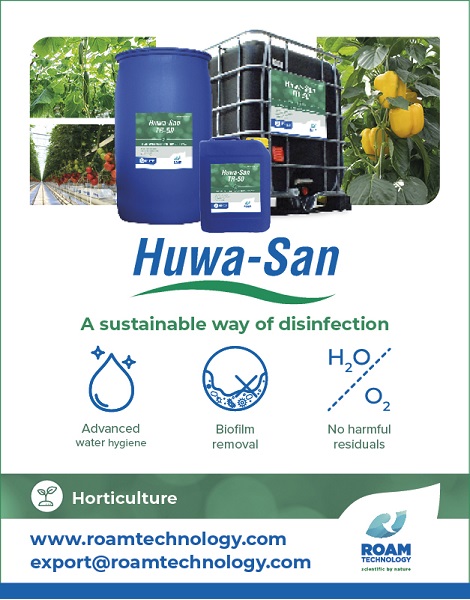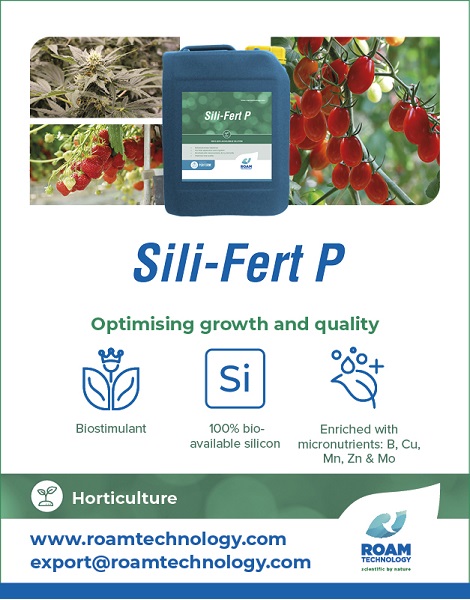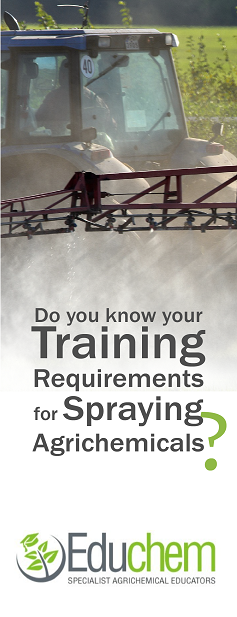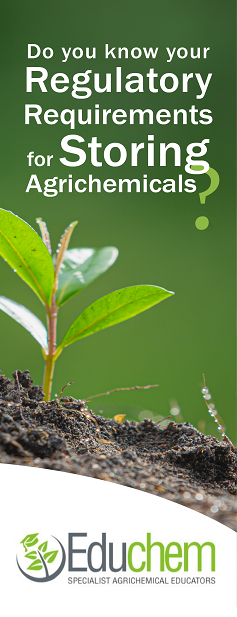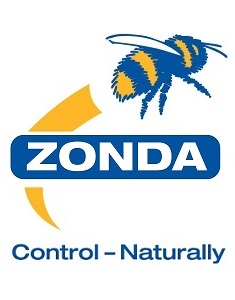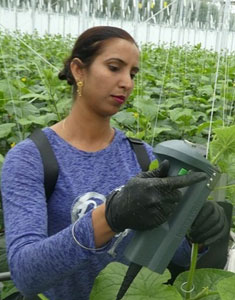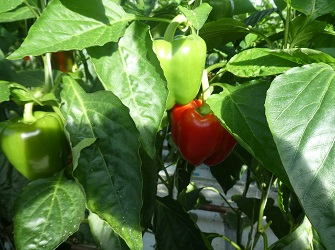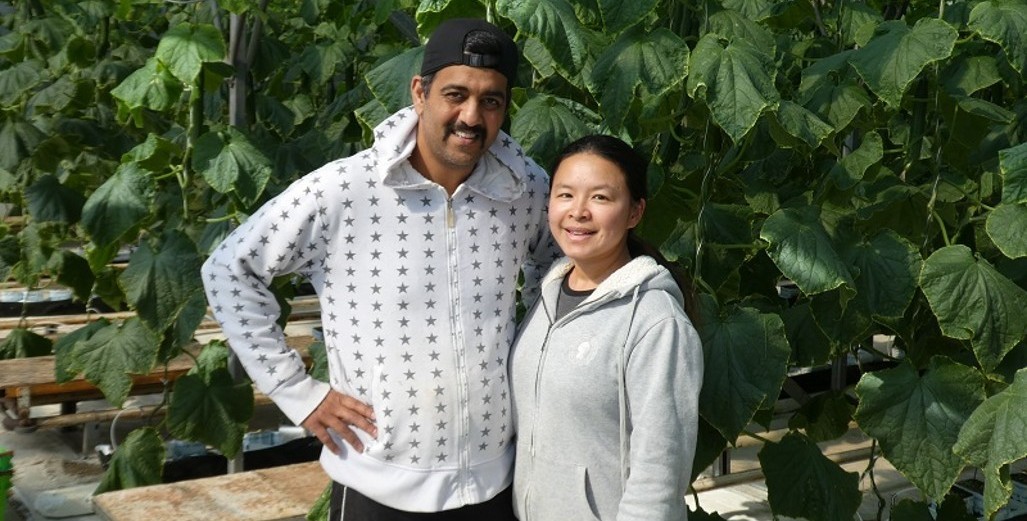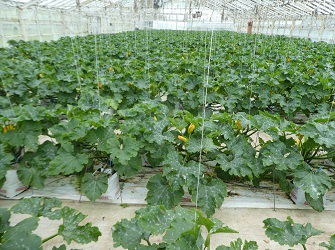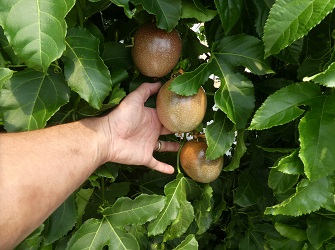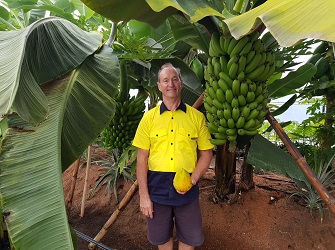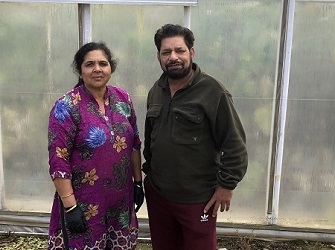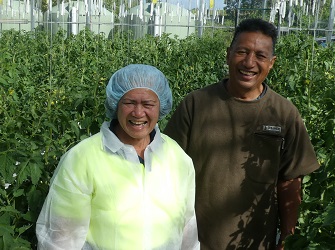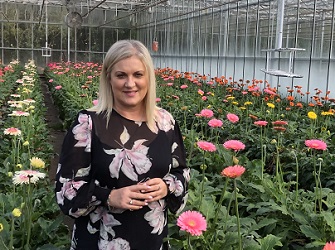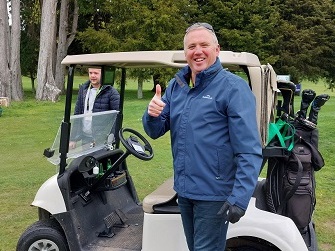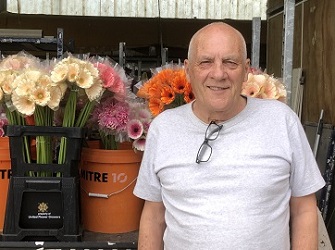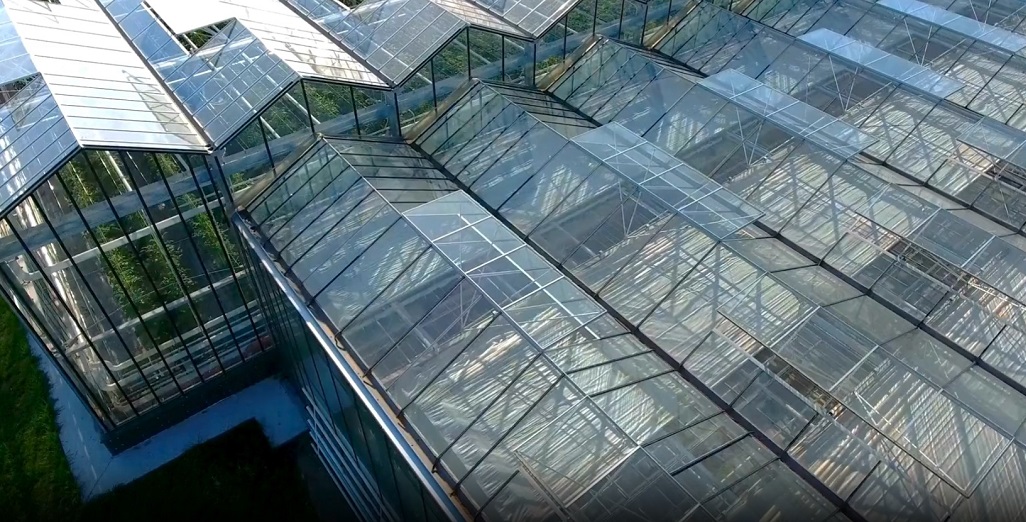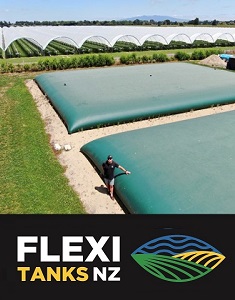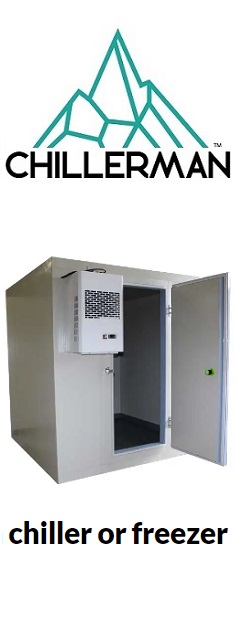Sign up here to subscribe to the Grower2grower Ezine. Every two weeks you will receive new articles, specific to the protected cropping industry, informing you of industry news and events straight to your inbox.
Jun 2024
New Industrial Process Heat Consenting Requirements in Aotearoa New Zealand
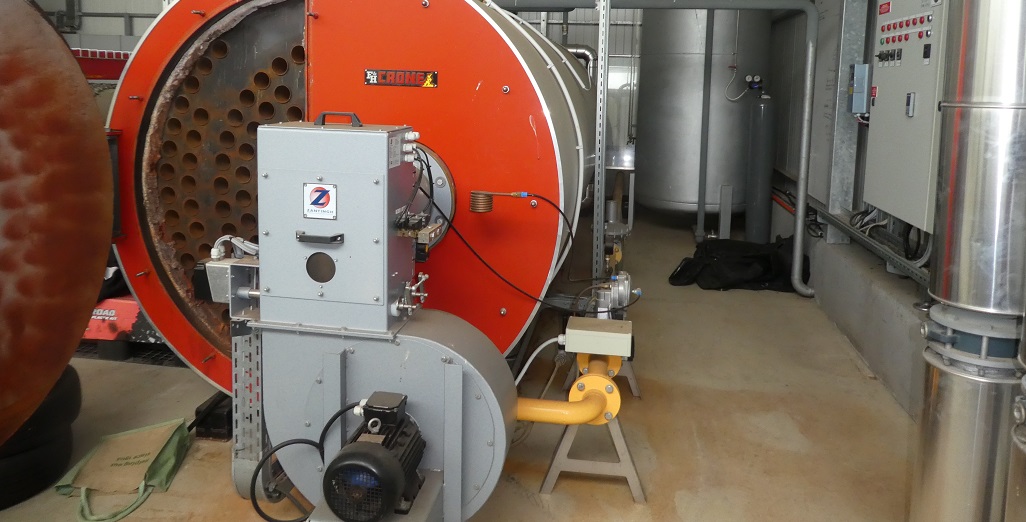
Greenhouse growers with boilers take note of this very important information that may impact your business
By Ben Thomson
EDIT (14/09/23) – note that the new 500 t CO₂-e/yr threshold applies to sites rather than individual boilers – this means you could have several small boilers each individually under the threshold but still require a consent if you site emissions are collectively over 500 t CO₂-e/yr. Replace “boiler” with “site” throughout this article.
This article discusses the recent changes to the national direction for Greenhouse Gas (GHG) Emissions from Industrial Process Heat introduced by Ministry for the Environment | Manatū mō te Taiao on 27 July 2023.
What has changed?
In a nutshell, regional councils must now consider the effects of GHG emissions when assessing resource consent applications for the use of industrial process heat systems (referred to colloquially as boilers throughout this article).
We see three key changes that industrial process heat users need to be aware of and start planning for:
- New coal boilers are banned and existing coal boilers will be phased out by 2037 for process heat less than 300 °C No surprises here. The government already announced this in 2021 and these changes are really just formalising this commitment.
No surprises here. The government already announced this in 2021 and these changes are really just formalising this commitment.
- The threshold for consents has changed, meaning many more boilers will now require a consent. All fossil fuel boilers with > 500 t CO₂- e/yr emissions will now require a consent.
This is where it starts to get a bit more interesting. The changes will bring a nationally consistent approach (currently things are done regionally) and the focus now is on the emissions of the boiler – not just its capacity.
Boilers with carbon emissions greater than 500 t CO₂-e/yr will now require a consent. This will include many boilers that are not currently consented. The easiest way to determine this is to look at your annual site fuel consumption. The table below shows the site fuel usage levels above which a consent would be required (based on MfE guidance emissions factors and calorific values).

- Consent applications will need to include an emissions reduction plan
Finally, and most importantly, all consent applications will now require an emissions reduction plan. In addition, boilers with > 2,000 t CO₂-e/yr emissions will need to have the plan independently reviewed by a “suitably qualified individual”.
Need help or want more information?
If you need help navigating the new system, read on for more information or get in touch (027 202 6576 or ben.thomson@lumen.net) to discuss your specific situation in more detail.
So, what is the equivalent boiler size and fuel type for this new 500 t CO₂-e/yr threshold…?
Well, it depends…
The new threshold requires a calculation of carbon emissions rather than just checking what the boiler capacity is on the nameplate. This effectively adds a utilisation element to the consenting threshold. It is no longer just about the size of the boiler, but how much it is used (or how much fossil fuel you burn).
As an example, we have developed five hypothetical utilisation scenarios in terms of operating hours and typical boiler load. The table below shows the “effective boiler capacity threshold” under the new system. The table below is for natural gas, but we have other fuels at the end of the article (and more detail on the assumptions used).

How is this different to the previous system?
Up until now, each regional council had its own limits for when consent was required for a boiler. This was typically based on the boiler size and fuel type.
The table below shows the consent of some of these thresholds for several regions of NZ.

As you can see, there is quite a large variation from region to region. Also, the thresholds for requiring a consent are quite high – especially for natural gas and LPG.
Hold on… these thresholds seem a lot higher than the new ones?
Yes. It appears that the new 500 t CO₂-e/yr threshold will capture a lot more boilers than the previous system.
Under the new system, natural gas boilers as small as 400 kW could require a consent if they are heavily utilised. And, even at “low utilisation”, natural gas boilers above 1.8 MW would require a consent, meaning the threshold would now be significantly lower than the existing 5 – 22 MW thresholds depending on the region.
When does this come into effect?
For new boilers, the changes are effective immediately (excluding coal as new coal boilers are now banned – see #1). For existing boilers, it depends on whether the boiler is currently consented under the old system:
- Boilers currently consented – changes effective immediately (when the consent expires)
- Boilers currently unconsented (but over the new 500 t CO₂-e/yr threshold) – changes effective 26 January 2025.
How will councils capture the boilers that are previously unconsented?
Good question!
From a back of the envelope estimate, we think there must be 100s of boilers that previously did not require consents that will now need them. These are likely to be concentrated in the North Island due to the availability of reticulated natural gas, especially Auckland due to the high number of boilers and high previous boiler capacity threshold of 22 MW.
It will be interesting to see how these boilers will be tracked down over the next 15 months or so. If anyone working in consenting at a regional council is reading this, please comment below if there are any plans in place.
What will be required in the emissions reduction plan needed to accompany the consent application?
The emissions reduction plan must include:
- A transition pathway that sets actions to reduce GHGs from the activity and meet any specified emission reduction targets
- An assessment of any energy efficiency improvements that are available for the activity
- Assessment of any technically feasible and financially viable lower-emissions alternatives (for new heat devices)
- Assessment of the best practicable option to prevent or minimise any adverse effect on climate change.
Will there be any conditions associated with the consent related to the emissions reduction plan?
Yes – these conditions will require the consent holder to:
- Adopt the best practicable option as assessed by the regional council
- Comply with the approved emissions plan for the site
- Monitor compliance with the approved emissions plan for the site, including any emissions reduction targets set in the emissions plan, and report to the consent authority on their monitoring
- Update the emissions plan to reflect technological developments and best practice within a timeframe specified in the plan and on the resource consent.
In summary – a lot more boilers will require consents and all consents will require an emissions reduction plan that will need to be complied with
If you haven’t started planning for the new consenting system, you should start ASAP. In particular, emissions reduction plans take time to do well and you don’t want to be caught short.
Assumptions and thresholds for “effective boiler capacity threshold” for all fuels
Natural gas – 85% efficiency and emissions factor of 0.193 kg CO₂-e/kWh (MfE)

Article source:
Alternative reading below – see in the below it has a calculation for waste oil of 170,000 litres.
Regional councils must now consider the effects of GHG emissions when assessing resource consent applications for the use of boiler systems which burn fossil fuels. Fossil fuels include: coal, waste oil, diesel, LPG and natural gas
The new guideline for consenting has three key points:
- New coal boilers are banned, and existing coal boilers will be phased out by 2037. This will affect all covered crop growers who use coal as a heating source.
- Any fossil fuel boilers which emit more than 500T CO2per year will now require a consent. You can find out if you emit more than 500T CO2per year by using the table below (this table should be used as a general guide, as depending on where you get your fuel these quantities may vary).
| Fuel Type | Typical Units |
| Natural Gas | 9,400 GJ |
| LPG | 170,000 kg |
| Coal – sub-bituminous | 250 Tonnes |
| Diesel | 187,000 Litres |
| Waste Oil | 170,000 Litres |
CLASSIFIED
Photo
Gallery
Subscribe to our E-Zine
More
From This Category
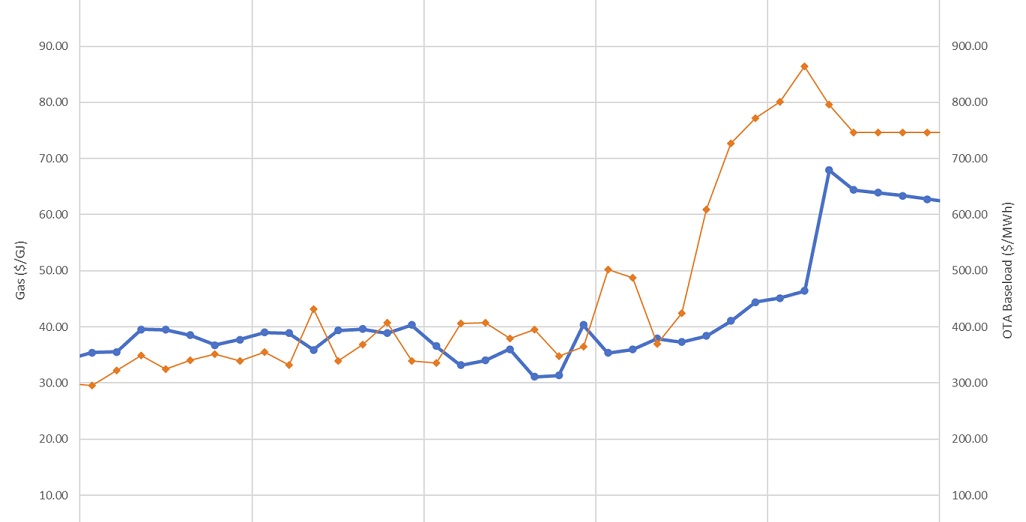
Up the creek without a paddle and a large hole in the canoe

How to navigate the NZ gas market supply crunch: a guide for energy users – by Paul Farrelly – Lumen’s
Why New Zealand is running out of gas (Natural Gas)

New Industrial Process Heat Consenting Requirements in Aotearoa New Zealand
